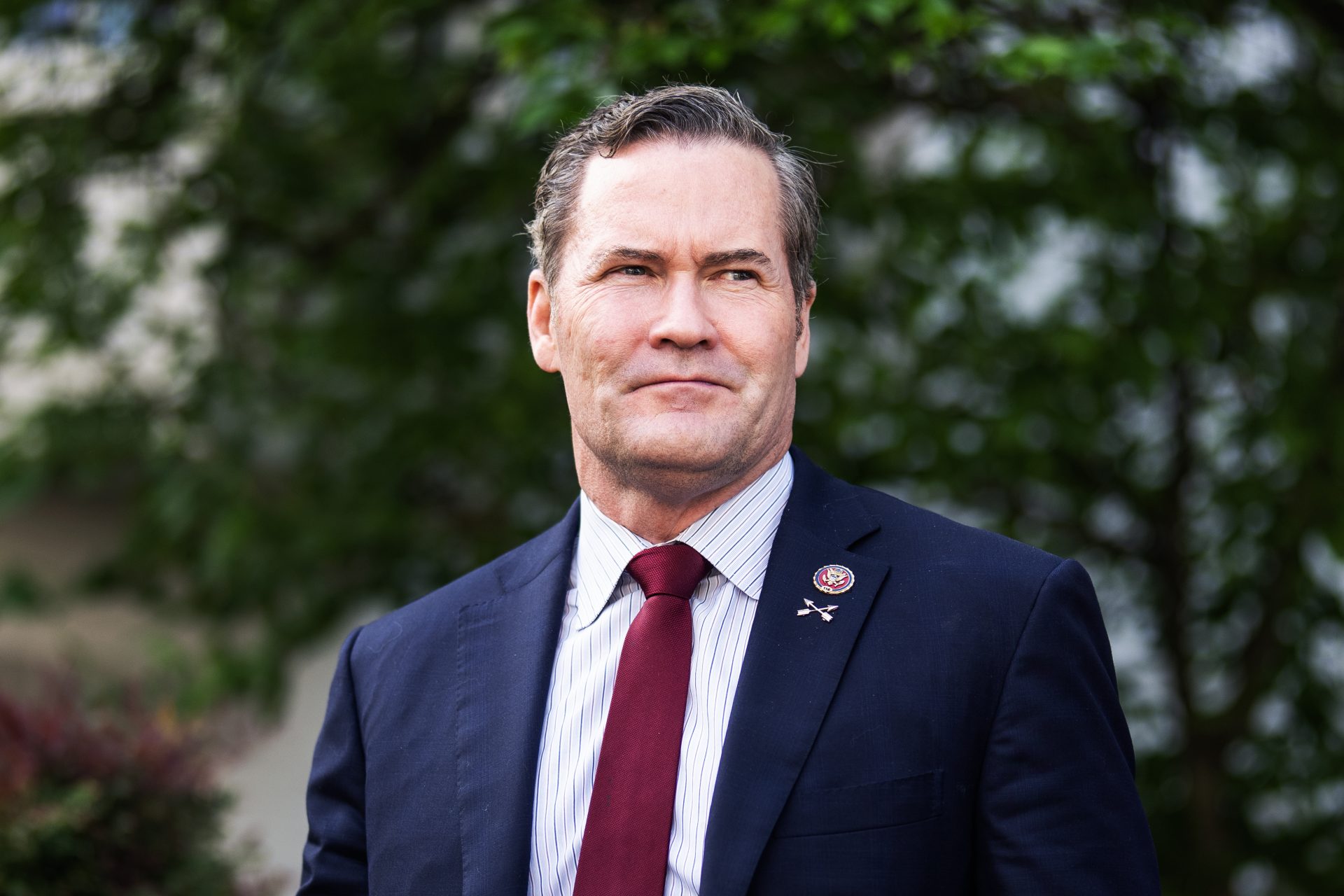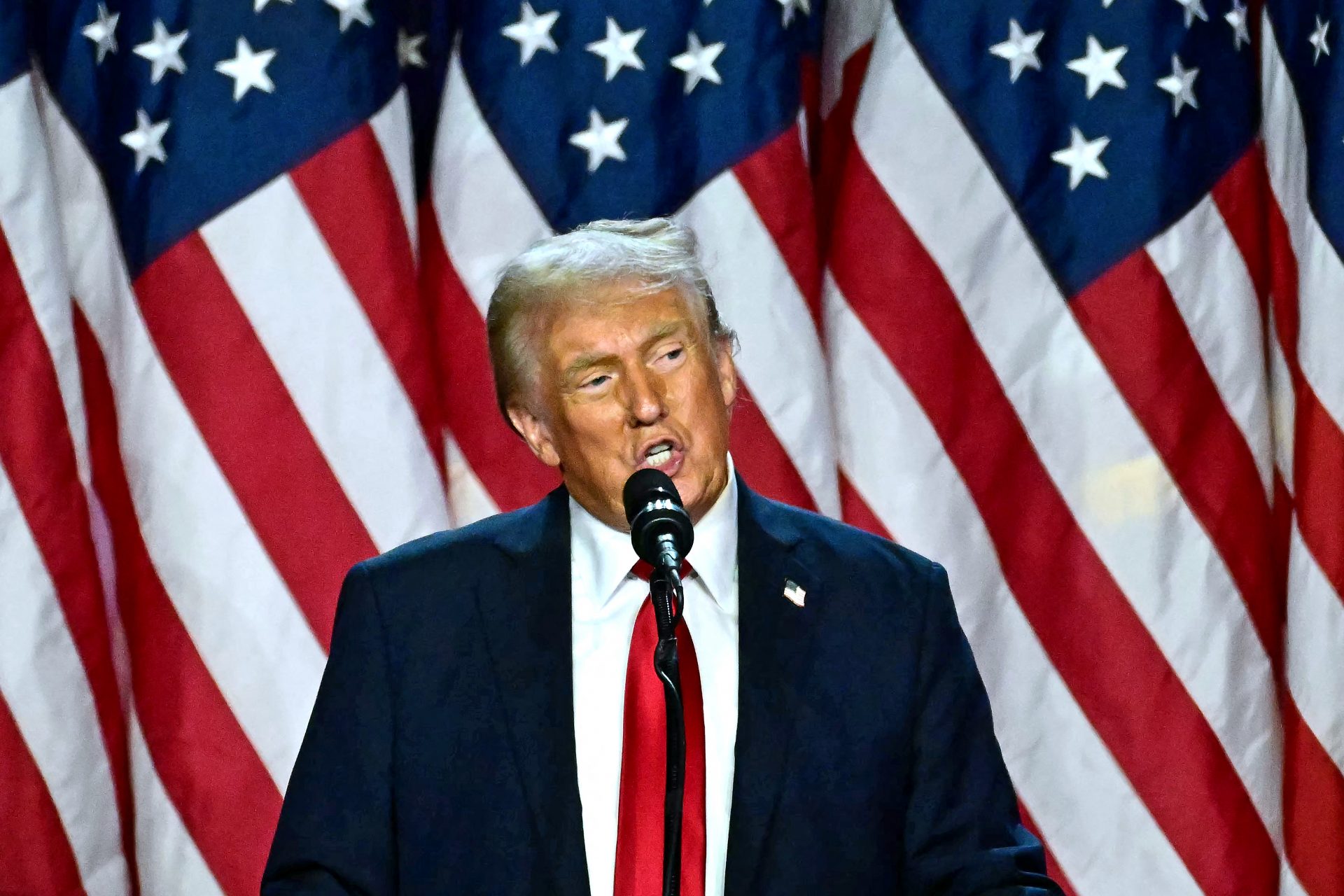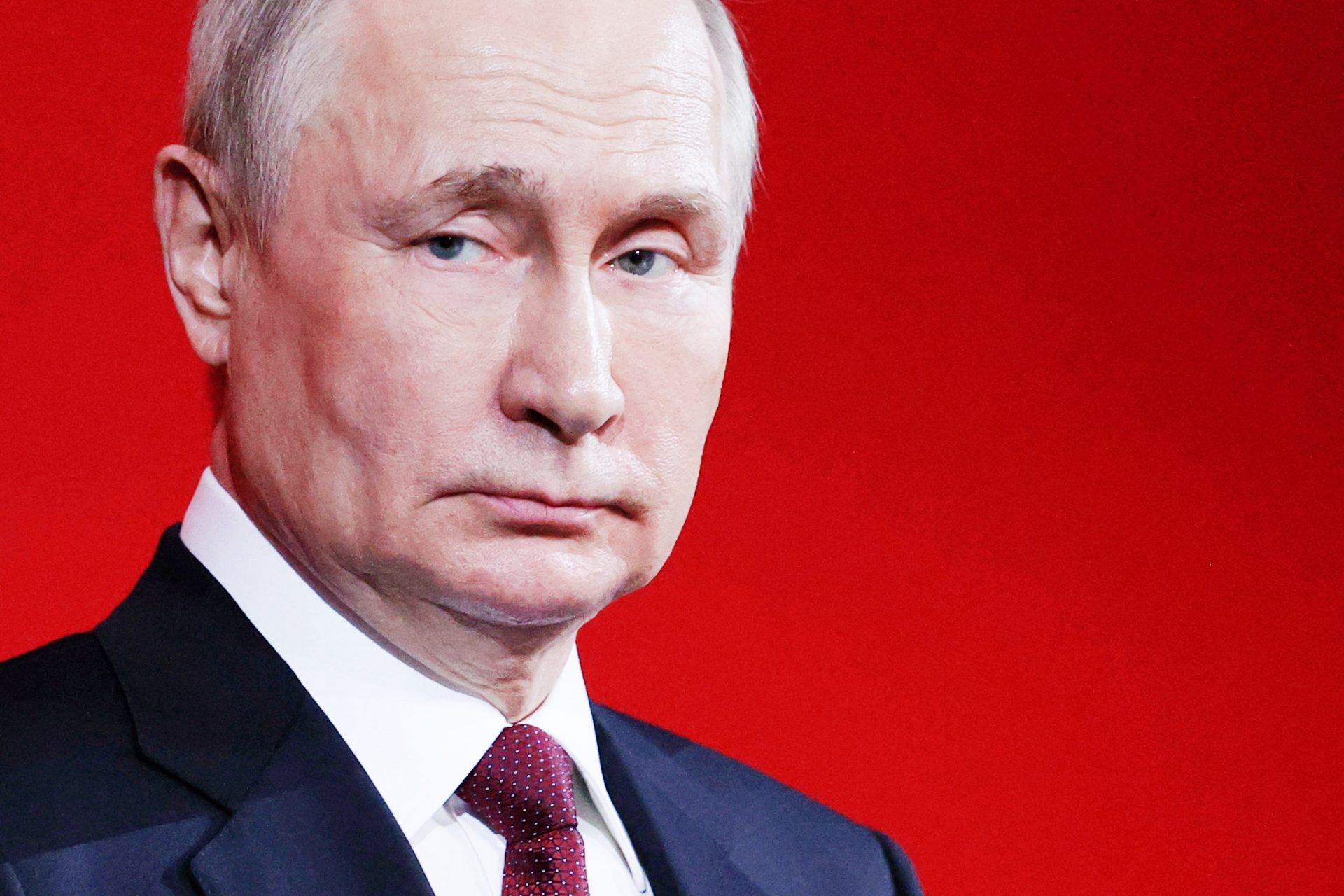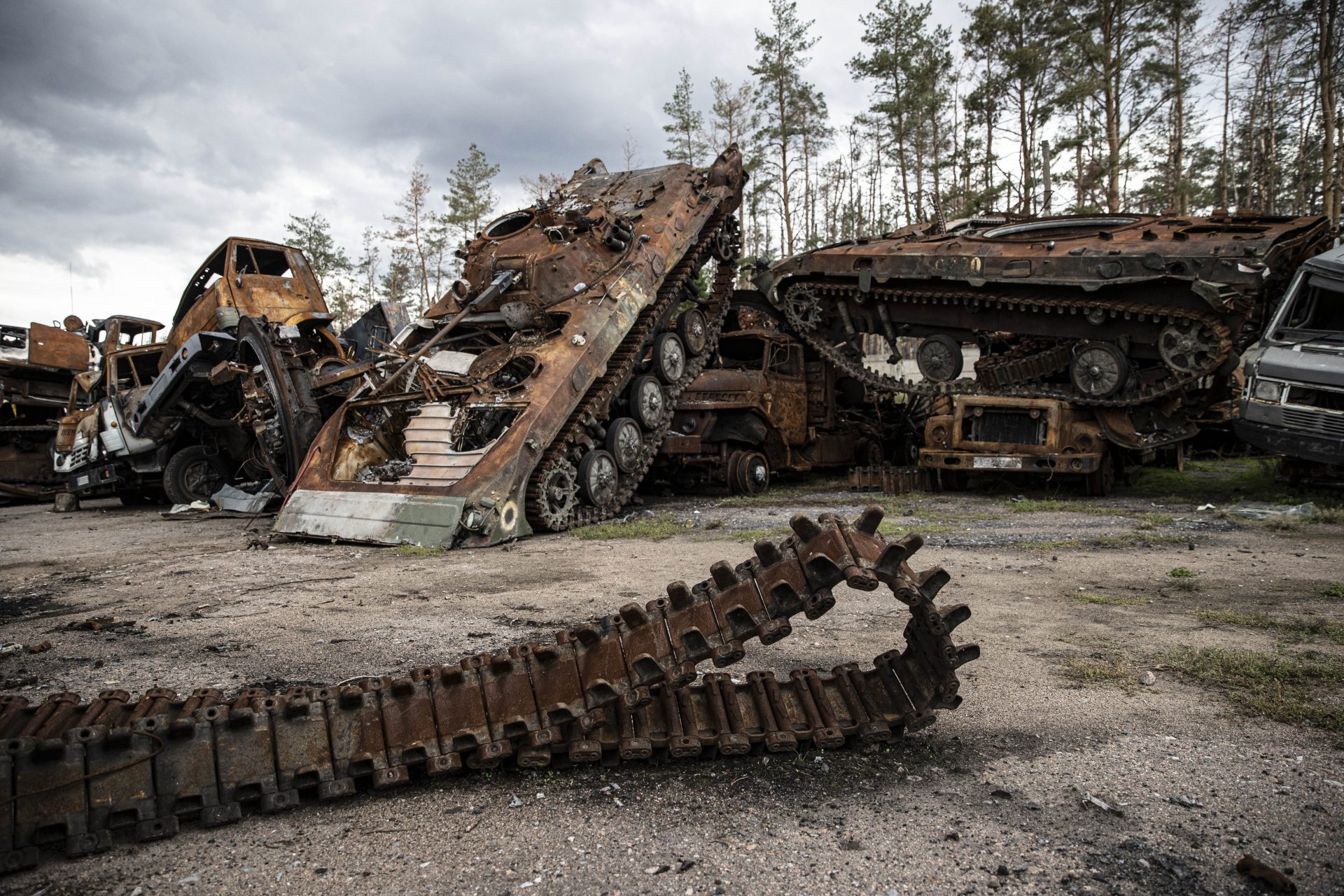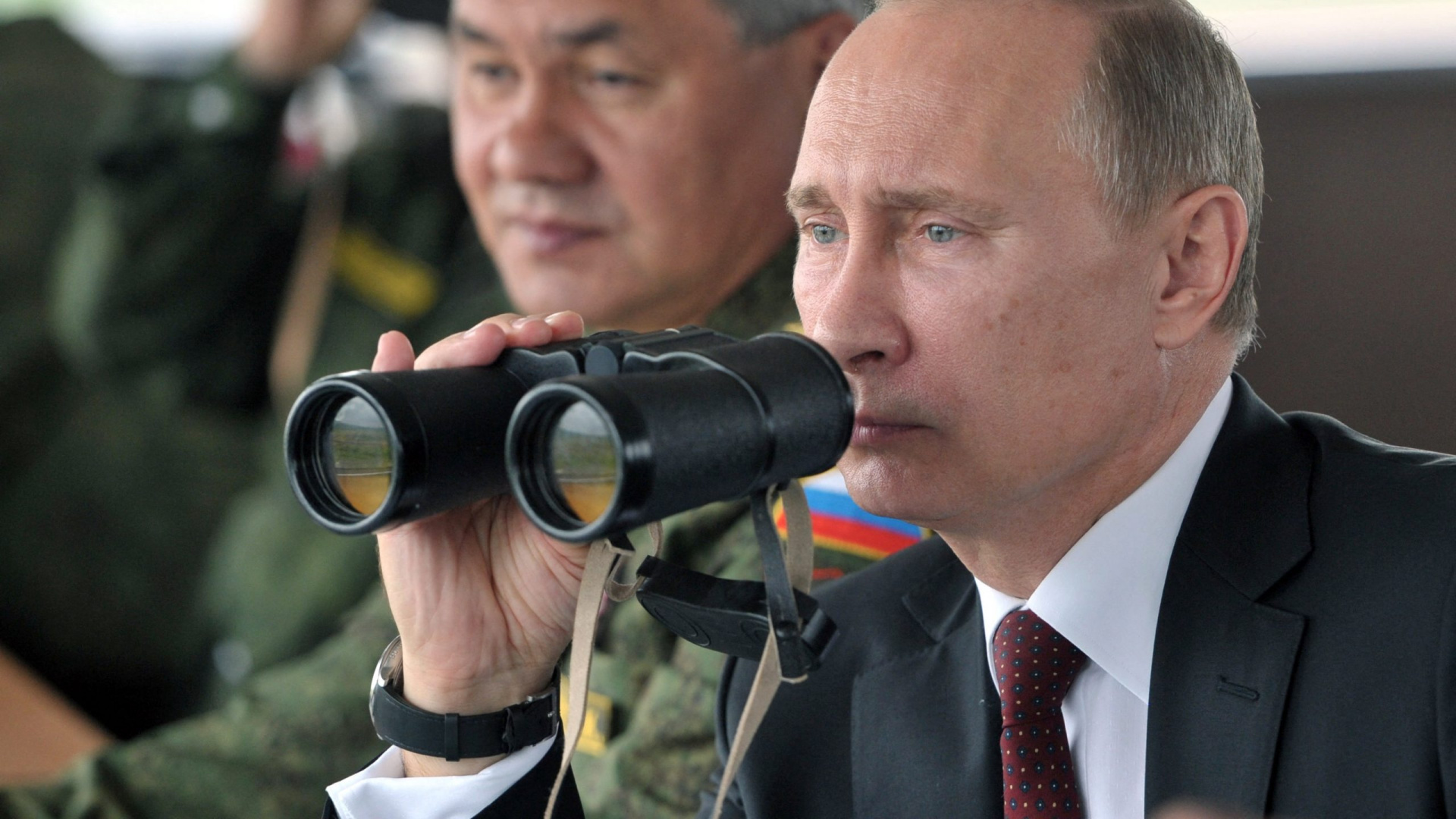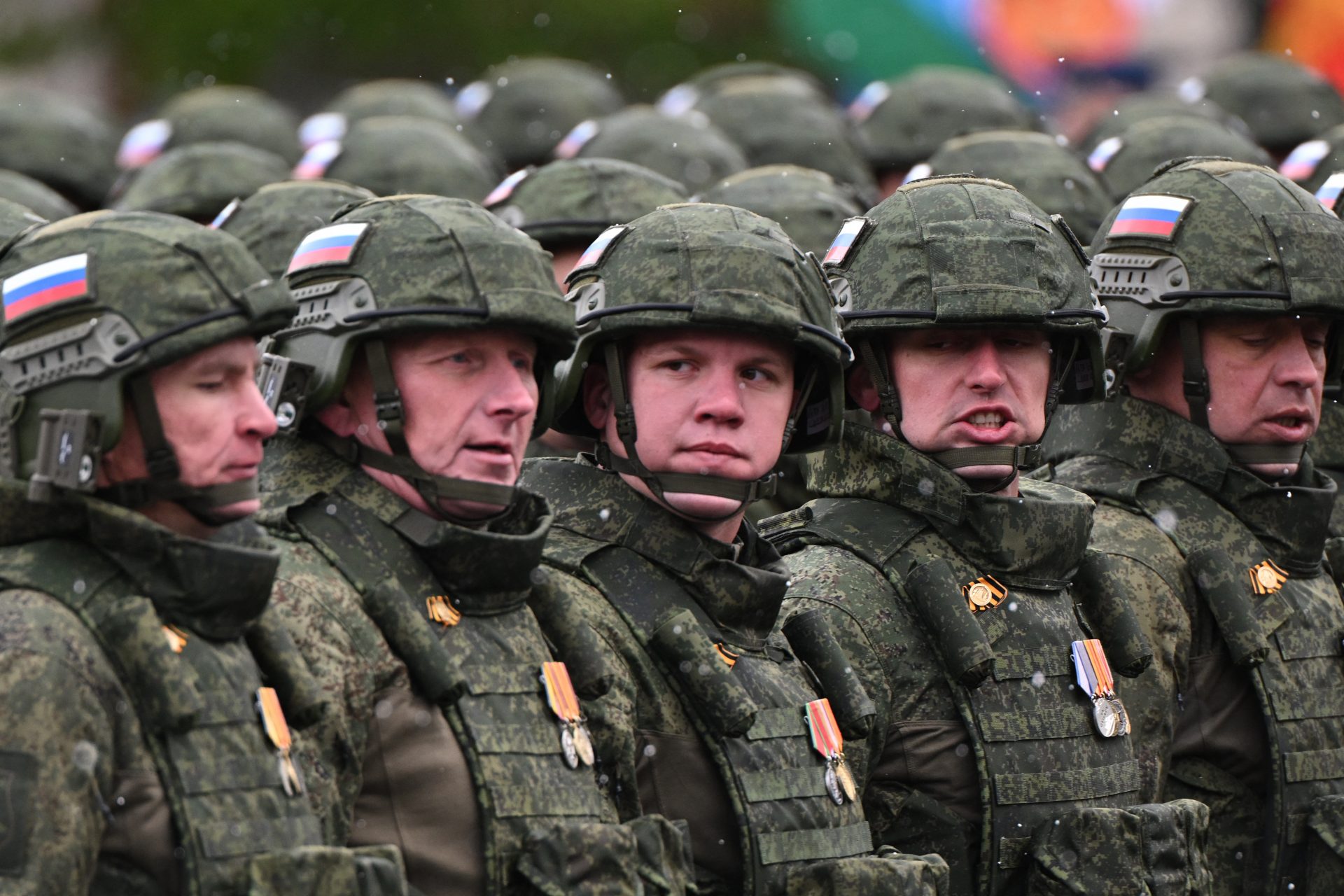From K-Pop to leather jackets, the surprising illegal things in North Korea
Not a fan of K-Pop? Neither is Kim Jong-un. The New York Times reported on December 2021 that at least seven people had been executed in North Korea for watching and distributing the popular South Korean genre in what sounds like yet another strange, curious story from the “hermit kingdom”.
That's only the tip of the iceberg. Some Western news outlets reported that the North Korean government prohibited laughing, drinking, and parties for 11 days in December 2021 to commemorate the 10th anniversary of the death of Kim Jong-il.
If it was true, it wouldn't be a surprise. North Korea ranked dead last, out of 167 countries, in The Economist's Democracy Index. The international community regards the government led by Kim Jong-un as an oppressive, totalitarian regime.
For example, it was reported in November 2021 that the North Korean government was cracking down on counterfeit leather trench coats. The fashion item became popular after Kim Jong-un appeared in the media wearing it several times.
The NY Post, Business Insider, and others informed that North Korea allegedly executed a man in November 2021 for selling USB drives containing the hit South Korean TV show 'Squid Game.' The country introduced a law in December 2020 giving tougher penalties to the consumption of media coming from South Korea, Japan, and the United States.
However, some of these stories should be taken with a grain of salt.
Western media regularly cites Radio Free Asia when it comes to some of the most outrageous news about North Korea. RFA is an independent news agency funded by the US government, making many cast doubt about its agenda.
If China, North Korea's closest ally, bans something as innocuous as Winnie The Pooh just due to mocking online comparisons with Xi Jinping, then these stories on North Korea don't sound that absurd. Still, it's important to have criteria when it comes to news.
What is true is that in many ways the youngest Kim is just following the steps of his father, Kim Jong-il, and his grandfather, Kim Il-sung. The three generations of the Kim family have ruled North Korea since its foundation in 1945.
Kim Jong-il, who led North Korea from 1993 until his death in 2011, was described by The New York Times as a leader who “presided with an iron hand over a country he kept on the edge of starvation and collapse”. He was known as much for his eccentricity than for his autocracy.
Despite Kim Jong-il's love with western media, such as James Bond movies, he was wary of its influence. The BBC reported in 2005 a North Korean TV show called 'Let's Trim Our Hair in Accordance with The Socialist Lifestyle.' Pictured: a salon poster in Pyongyang displaying government-approved haircuts.
The television program claimed that long hair had a negative effect on the male brain, sucking important nutrients. It also shared the names and addresses of wrongdoers recorded on the street, so they could be publicly shamed.
North Korea continues to heavily regulate the fashion of its citizens. South Korea's Yonhap News Agency reported in May that Kim Jong-un banned skinny jeans and some piercings, branding them as symbols of “capitalist lifestyle.”
A symbol of capitalism you won't find in North Korea? Coca-Cola. The American soda brand, one of the most easily recognizable products worldwide, isn't available in only two countries: Cuba and North Korea.
Fashion is hardly the only thing that is restricted. North Korea also has a ban on contraceptives. Reportedly, this is an attempt to reverse the country's falling birth rate. However, a 2019 United Nations report points out that more women there use contraceptives than their South Korean counterparts, despite being illegal.
Something that also affects North Korean women is the lack of sanitary pads and other women's hygiene products in the country. According to a female defector that was interviewed by the BBC, women tend to make their own pads out of cotton and reuse them as much as possible.
Cellphones, so ubiquitous in today's world, are also a novel commodity in North Korea. They only have been legal since 2008. The country uses its own walled-off national intranet service called Kwangmyong. Internet access is limited to foreigners and the elite.
According to the New York Post, North Korean internet users have access to less than 30 websites.
As long as North Korea remains disconnected from the outside world, the lives of everyday citizens remain a mystery. News from the hermit kingdom will always have an element of hearsay and exoticism.
More for you
Top Stories






















